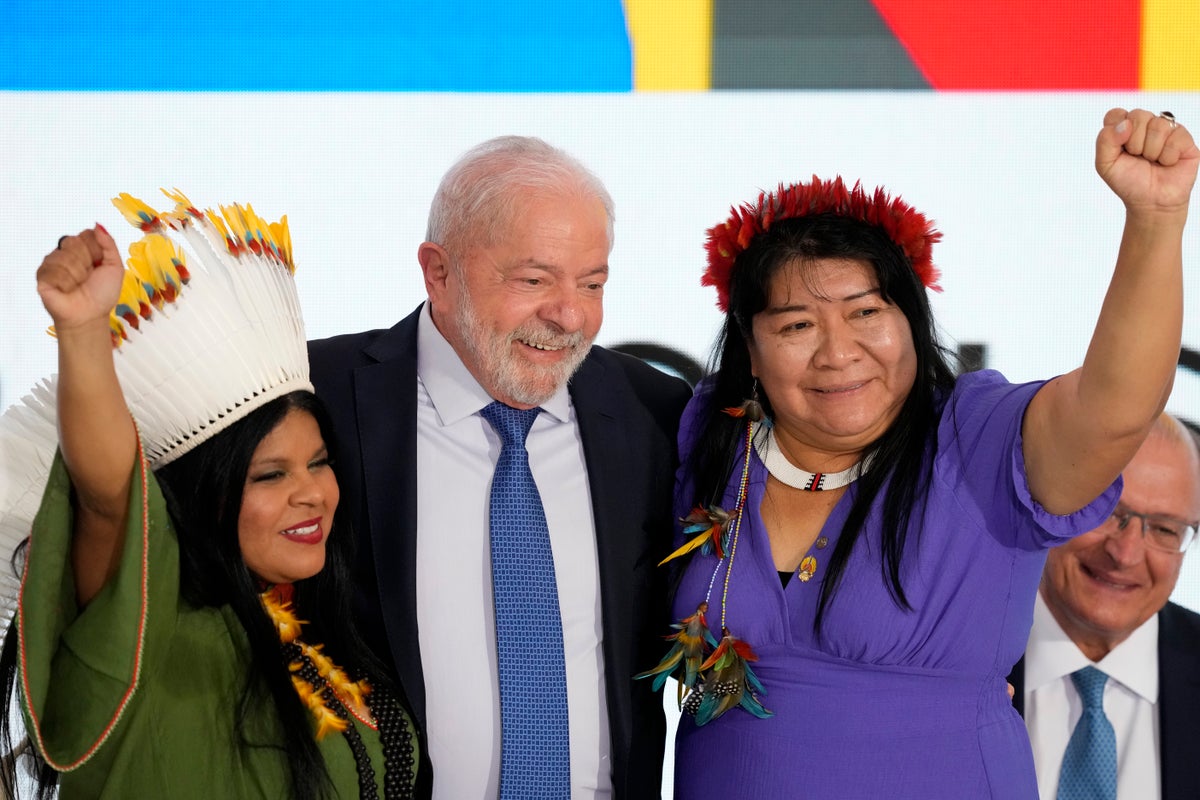
In a rejection of early moves by President Luiz Inácio Lula da Silva who took office in January, Brazil’s Congress has stripped powers from the new Ministry of Indigenous Peoples and Ministry of the Environment and Climate Change, both led by women environmentalists.
The move shows the increasing power of Brazil’s so-called “beef caucus,” shorthand for cattle businesses and other large-scale agriculture who together control the majority of both legislative chambers in the country.
“Everything that worried the Parliamentary Front for Agribusiness has been dealt with,” beef caucus member, Senator Carlos Viana, told the Brazilian newspaper Folha de S.Paulo on Thursday. “The main points (of the caucus) have been addressed.”
The changes prevent the Ministry of Indigenous Peoples, led by Sonia Guajajara, from legalizing the boundaries of new Indigenous territories and keep the Ministry of Environment, run by Marina Silva, from managing a national property registry that's a key tool for monitoring illegal deforestation. These and other authority will be transferred to other federal government branches.
The beef caucus opposes the legalization of additional Indigenous lands. It also opposes measures to control deforestation, which rose sharply under the last administration of Jair Bolsonaro.
Critics argue that the leftist leader Lula did not try hard enough to avert the action in Congress. Last week, the president dismissed that criticism saying that “we shouldn't be scared of politics.” Allies of the president have also argued that he retains ultimate authority over the environment and Indigenous affairs.
____
Associated Press climate and environmental coverage receives support from several private foundations. See more about AP’s climate initiative here. The AP is solely responsible for all content.







